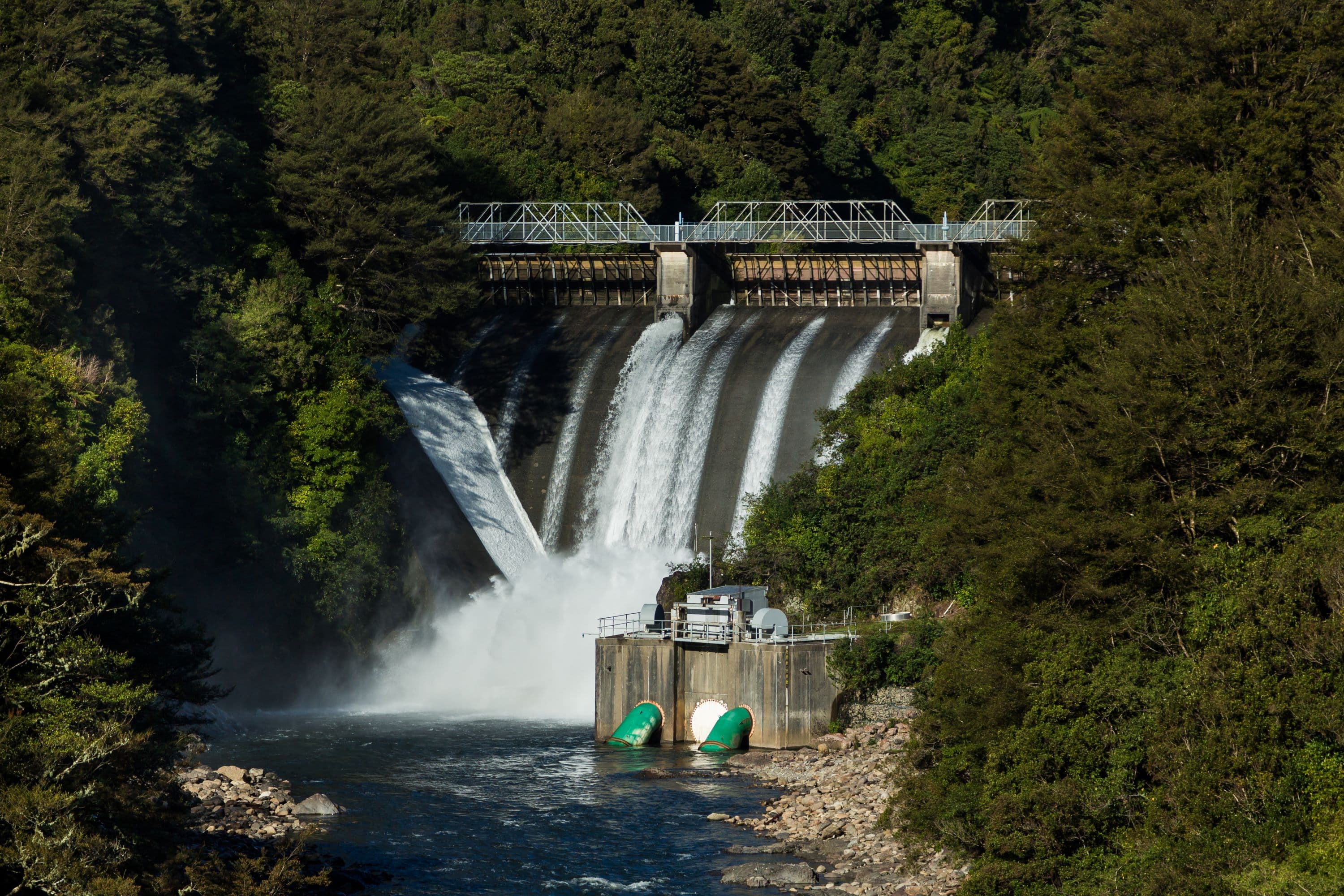

This research models how long it would take to process the necessary consents under the Resource Management Act and what it might cost if New Zealand failed to develop the necessary infrastructure.
We are working with the Ministry for the Environment on the new resource management system. It is leading work on a new national direction for infrastructure which includes guidance on regional spatial strategies and nationally consistent rules and standards for infrastructure.
We commissioned this report to help inform discussion about the new resource management system.
Key findings
- From 2028, consent processing times would need to be 50% quicker than they are projected to be under the Resource Management Act.
- Any increase in delay beyond 2028, or ineffective reform, makes it highly unlikely that New Zealand will be able to consent the infrastructure needed to support its climate change aspirations.
- Based on identified trends, the system must become significantly more efficient through the reform or increase its capacity to meet the Government’s targets.
- Total demand on our consenting system from all sectors is projected to increase by over 40 per cent by 2050.
- Observed trends in consenting processes imply that the ability of the consenting system to deliver on the infrastructure required to meet national climate targets is under threat. Consenting a project, particularly a complex infrastructure project, is becoming more costly, takes longer to complete and requires more resources.
- New Zealand is on track to miss between 11-15% of the emission reductions required from the energy and transport sectors by 2050 due to consenting delays (even under optimistic scenarios with unconstrained consenting resources). As a result of consenting delays in these scenarios, New Zealand is on track to incur an emissions liability of between $5 billion and $7 billion by 2050.
- To meet our net-zero by 2050 targets, we project that resource management reforms will need to be fully operational by 2028.
Infrastructure consenting for climate targets
Download
Published on 25 January 2023